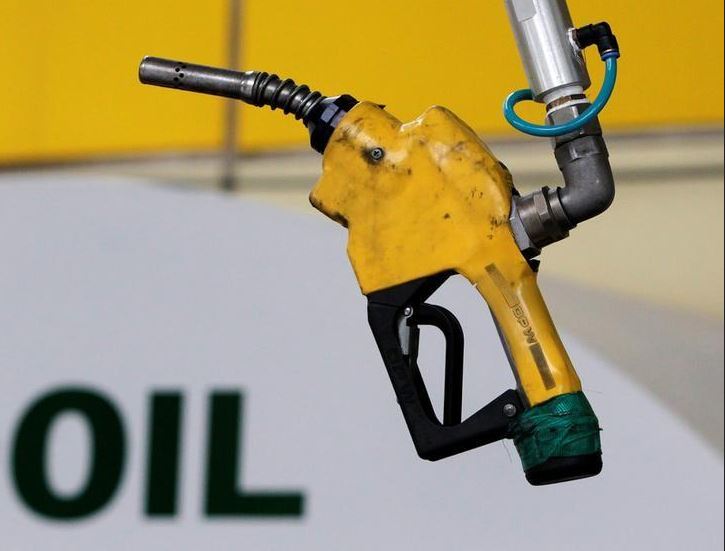Nigeria will increase quality standards for its imported gasoline, diesel and kerosene from July 1, a change health campaigners have long said is necessary to protect citizens from toxic fuel.
All imported diesel from July 1 can contain a maximum of 50 ppm sulphur, while gasoline and kerosene can contain a maximum of 150 ppm, according to an environment ministry official and information from the Standards Organization of Nigeria, the body responsible for setting requirements for imported goods.
Nigeria’s current import standards are 3,000 ppm on diesel and 1,000 ppm on gasoline.
West African nations had promised higher quality fuel late last year as part of a United Nations Environmental Programme (UNEP), but details on the timeline and precise implementation had been unclear.
Ghana had targeted an even earlier deadline, but sources said it had not yet finalised its new fuel requirements or issued a fresh timetable.
Several groups, including UNEP and the African Refiners Association, have been pushing West Africa for years to mandate higher quality fuel and ban fuels that are illegal in Europe and the United States due to what experts say are calamitous effects on respiratory health – particularly in dense urban areas such as Lagos.
Late last year, the Swiss-based campaign group Public Eye blamed international traders for using the continent as a dumping ground for toxic fuels that are banned elsewhere.
Other African nations, including Kenya, Tanzania, Uganda and Morocco have also increased fuel quality requirements.
But there was some concern in Nigeria, currently struggling with an economic recession, over the substantial up-front cost of demanding higher standards. International oil traders said the proposals would cost at least $10-15 per tonne, or more than $250,000 for each cargo of gasoline.
(Additional reporting by Alexis Akwagyiram and Ron Bousso; editing by David Evans and Jason Neely)

